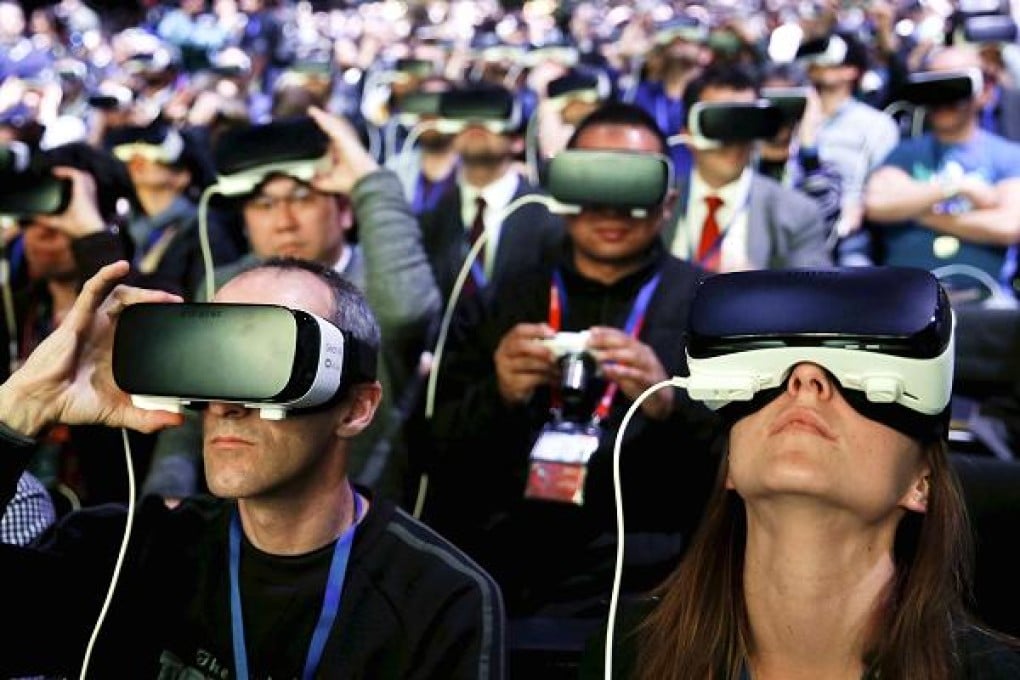Virtual Reality can cure paranoia, say British researchers
Number of patients suffering severe paranoia after test drops 50 per cent

A team of researchers at Oxford University have used virtual reality (VR) devices to help treat patients suffering from paranoia, in a further demonstration of how VR technology could help health care.
Thirty patients took part in the study, which was funded by the U.K. Medical Research Council. Using VR, the patients were confronted with simulations of situations they would normally find difficult, for instance standing in a lift surrounded by people, in order to relearn when a situation was safe.
The patients were then able to confront their fears as more and more computer generated characters were added to the scene. Around 20 per cent of the patients no longer had severe paranoia at the end of the test; this figure rose to over 50 per cent when the patients were encouraged to drop their usual defensive behaviours.
"Paranoia all too often leads to isolation, unhappiness, and profound distress. But the exceptionally positive immediate results for the patients in this study show a new route forward in treatment," said Professor Freeman, the study lead at Oxford University Department of Psychiatry.
